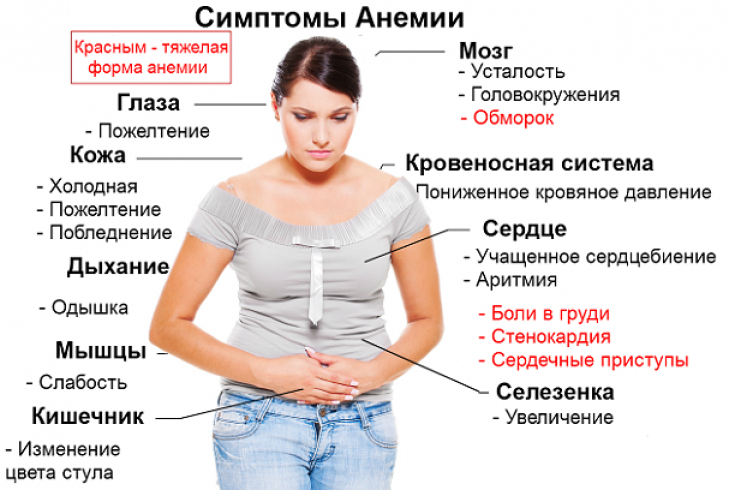Anemia — this is a condition in which the number of red blood cells is not enough to meet physiological needs; this condition can be caused by many reasons, iron deficiency comes to the fore.
Traditionally, daily dietary iron supplementation has served as the standard approach for the prevention and treatment of iron deficiency anemia. However, long-term use of iron supplements has been limited due to adverse side effects such as nausea, constipation, and tooth discoloration.
Intermittent iron supplementation has been suggested as an effective and safer alternative to daily iron supplementation for the prevention and treatment of anemia in groups of women at increased risk of developing chronic anemia due to menstrual irregularities characterized by profuse blood loss.
Refer to estet-portal.com for an in-depth look at the results of the 31 January 2018 Cochrane review on the effectiveness of intermittent iron therapy.
Study of the effectiveness of various treatment regimens
Randomized controlled trials and quasi-RCTs with individual or cluster randomization were selected. Selected pre-menopausal women who were not pregnant or lactating and had no known condition that would prevent menstruation were randomly assigned to:
1. intermittent iron group (1, 2 or 3 times a week);
2. group taking iron supplements daily at a therapeutic dose;
3. placebo group;
4. group without interference (control).
Authors included 25 studies involving 10,996 women.
Follow us on Instagram
Effectiveness of intermittent treatment of iron deficiency anemia
The results demonstrated that intermittent iron supplementation (alone or with any other vitamins and minerals) compared to no intervention or placebo:
• reduces the risk of anemia (hazard ratio (RR) 0.65; 11 studies, 3135 participants; low-quality evidence);
• increases hemoglobin concentration (mean difference (MD) 5.19 g/l; 15 studies, 2886 participants; moderate-quality evidence);
• increases ferritin levels (MD 7.46 mcg/l; 7 studies, 1067 participants; low-quality evidence).
Intermittent regimens may also reduce the risk of iron deficiency (RR 0.50, 95% CI 0.24 to 1.04; 3 studies, 624 participants; low-quality evidence) and all-cause morbidity (RR 1.12 , 95% CI 0.82 to 1.52, 1 study, 119 participants, very low-quality evidence).
Iron deficiency anemia — insidious killer of beauty and health
Women in the control group were less likely to have any side effects than women who received intermittent iron supplements (RR 1.98, 95% CI 0.31 to 12.72; 3 studies, 630 participants; moderate-quality evidence) .
Intermittent versus daily iron supplementation: a comparative analysis
Compared to daily iron supplementation, the results showed that an intermittent regimen (alone or with any other vitamins and minerals) resulted in a similar increase in hemoglobin concentration (MD 0.43 g/L, 10 studies, 2127 participants; evidence is low quality), but a less pronounced increase in ferritin concentrations (MD -6.07 mcg/l, 4 studies, 988 participants; low-quality evidence) compared with daily supplements.

Compared with daily regimens, intermittent regimens may also reduce the risk of iron deficiency (RR 4.30, 1 study, 198 participants; very low-quality evidence).
Women in the intermittent iron group had fewer side effects than women in the daily iron group.
Intermittent iron supplementation may be the best treatment for anemia and may increase iron stores in menstruating women. Compared to daily supplementation, intermittent iron supplementation is likely to be equally effective in preventing or controlling anemia, and has benefits in terms of side effects.
Thank you for staying with estet-portal.com. Read other interesting articles in the "Endocrinology" section. You may be interested in What kind of anemia can be with a normal hemoglobin level







Add a comment